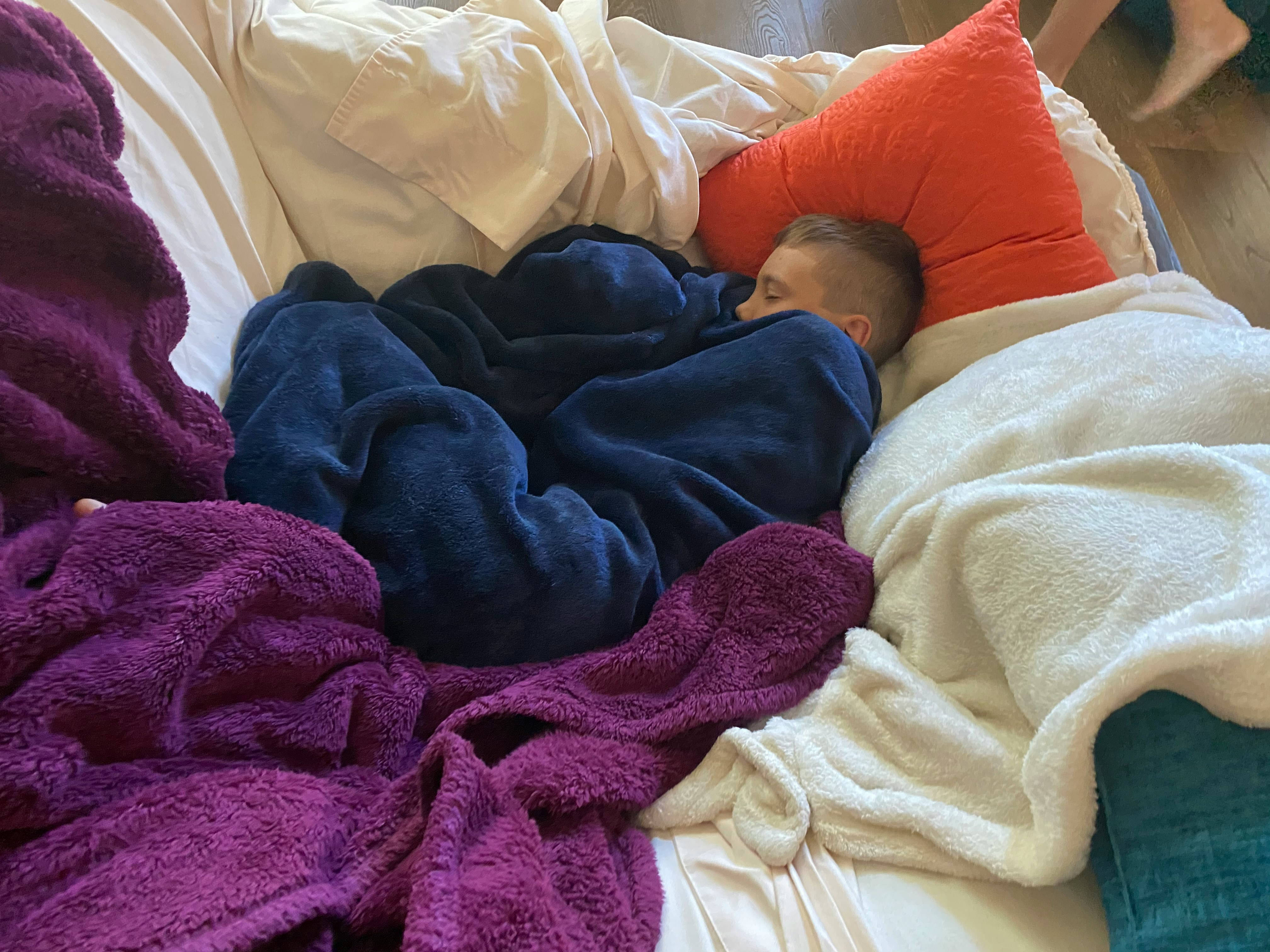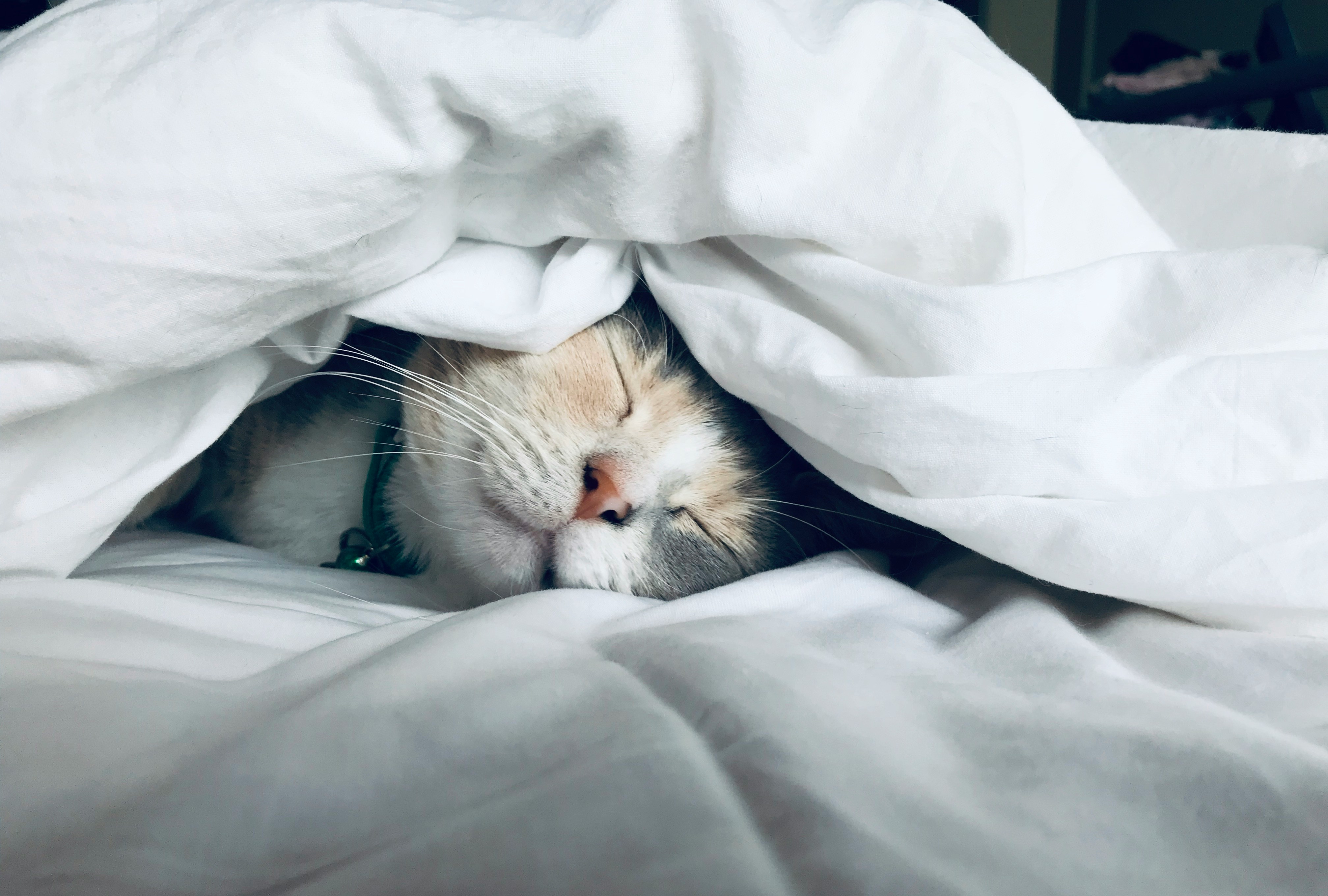The Relationship Between Sleep and Mental Health: A Two-Way Street

Introduction
Sleep and mental health are intimately linked, forming a complex, bidirectional relationship. Poor sleep can contribute to the development and progression of mental health disorders, while mental illnesses can, in turn, negatively impact sleep quality and duration. As sleep disturbances become increasingly prevalent in our fast-paced, high-stress world, understanding the deep connection between sleep and mental health is more crucial than ever. This article delves into how sleep influences emotional well-being, the science behind this relationship, and actionable strategies to improve both.
1. How Sleep Affects Mental Health
1.1 Emotional Regulation
One of the most immediate and noticeable effects of poor sleep is mood instability. A well-rested brain is better equipped to regulate emotions, handle stress, and make thoughtful decisions.
- A 2007 study published in Sleep found that sleep deprivation significantly impairs emotional reactivity, making individuals more prone to irritability, anger, and sadness.
- Inadequate sleep can also heighten sensitivity to negative stimuli, making everyday stressors feel more overwhelming.
1.2 Cognitive Function
Sleep plays a vital role in cognitive processes such as memory consolidation, attention, and executive functioning. Without sufficient rest, these cognitive abilities decline, potentially contributing to anxiety, frustration, and depressive symptoms.
1.3 Stress and Cortisol
Lack of sleep increases levels of cortisol , the body’s primary stress hormone. Chronically elevated cortisol levels can impair brain function, reduce immunity, and contribute to mood disorders like depression and anxiety.
2. Sleep and Common Mental Health Disorders
Sleep disturbances are not only a symptom of many mental health disorders—they can also be a cause or contributing factor . Here’s a look at how sleep interacts with some of the most common conditions:
2.1 Depression
- Insomnia is present in up to 90% of people with depression.
- People with insomnia are twice as likely to develop depression compared to those who sleep well.
- Studies suggest that treating sleep problems may improve depression symptoms and even prevent its onset.
2.2 Anxiety Disorders
- Sleep deprivation can heighten anticipatory anxiety and impair the brain’s ability to regulate worry.
- A 2019 study published in Nature Human Behaviour found that deep (NREM) sleep helps deactivate regions of the brain associated with anxiety, such as the amygdala.
- Even one night of poor sleep can increase anxiety by up to 30% .
2.3 Bipolar Disorder
- Sleep disruption is both a trigger and a symptom of manic and depressive episodes.
- During manic phases, individuals often experience decreased need for sleep, which can accelerate or worsen mania.
- Maintaining a stable sleep schedule is a key part of managing bipolar disorder.
2.4 PTSD (Post-Traumatic Stress Disorder)
- Nightmares and insomnia are hallmark symptoms of PTSD.
- Poor sleep can intensify flashbacks and hypervigilance, further disrupting rest and emotional recovery.
3. The Bidirectional Nature of Sleep and Mental Health
It’s important to understand that the relationship between sleep and mental health is not one-way . Instead, it’s a loop:
- Mental health disorders → sleep disturbances
- Sleep disturbances → worsening of mental health symptoms
This vicious cycle can trap individuals in a feedback loop where each problem exacerbates the other. Breaking this cycle often requires addressing both sleep and mental health simultaneously .
4. The Neuroscience Behind It
The brain regions and chemicals involved in sleep also play a crucial role in regulating mood and emotion:
4.1 The Amygdala
The amygdala is a key emotional center in the brain. When sleep-deprived, it becomes more reactive to negative stimuli, making people more emotionally volatile.
4.2 The Prefrontal Cortex
This area of the brain governs rational thought and emotional control. Lack of sleep reduces its activity, impairing our ability to regulate emotions and think clearly.
4.3 Neurotransmitters
Neurotransmitters such as serotonin , dopamine , and GABA are vital for both sleep and mood regulation. Imbalances in these chemicals are common in depression, anxiety, and sleep disorders.
5. Strategies to Improve Sleep and Mental Health Together
Improving sleep can lead to noticeable improvements in mental well-being. Here are evidence-based strategies that address both:
5.1 Cognitive Behavioral Therapy for Insomnia (CBT-I)
CBT-I is the gold standard for treating chronic insomnia and has also been shown to improve symptoms of depression and anxiety.
- It addresses negative thought patterns and behaviors that interfere with sleep.
- Unlike sleep medications, CBT-I provides long-lasting benefits without side effects.
5.2 Create a Sleep-Friendly Environment
- Keep your bedroom cool, dark, and quiet.
- Avoid screens and stimulating activities at least one hour before bed.
- Use your bed only for sleep and intimacy.
5.3 Practice Relaxation Techniques
- Mindfulness meditation, deep breathing, and progressive muscle relaxation can reduce anxiety and promote sleep.
- Apps like Calm , Headspace , and Insight Timer offer guided practices specifically designed for sleep.
5.4 Stick to a Consistent Routine
- Go to bed and wake up at the same time every day, even on weekends.
- Consistency reinforces your body’s internal clock and supports both sleep and mood stability.
5.5 Limit Stimulants and Alcohol
- Caffeine and nicotine can stay in your system for hours and interfere with sleep.
- While alcohol might help you fall asleep initially, it disrupts REM sleep and leads to fragmented rest.
6. When to Seek Professional Help
If sleep disturbances are persistent and impacting your daily life, it’s important to seek help from a healthcare provider. You might benefit from:
- A referral to a sleep specialist
- A mental health evaluation by a psychologist or psychiatrist
- A combination of therapy, lifestyle changes, and medication , if needed
Mental health and sleep issues are treatable. The earlier you seek help, the sooner you can break the cycle and reclaim your well-being.
Conclusion
Sleep is not a luxury—it’s a necessity, especially for mental health. The intricate connection between sleep and emotional well-being means that neglecting one inevitably affects the other. By understanding the science, acknowledging the signs, and making intentional changes, we can use sleep as a powerful tool for healing, resilience, and mental clarity.
A peaceful mind begins with restful sleep. Prioritize your rest—and your mental health will thank you.




